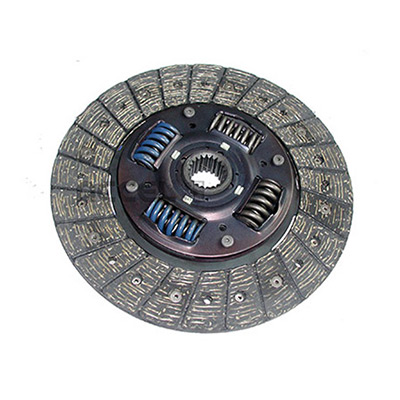Mobile:+86-311-808-126-83
Email:info@ydcastings.com
cleaning marine exhaust manifolds
Cleaning Marine Exhaust Manifolds A Critical Maintenance Task
Maintaining a marine vessel is a multifaceted endeavor that requires attention to various components, with the exhaust manifold being one of the most critical. The exhaust manifold’s primary function is to funnel exhaust gases away from the engine and out into the water, which helps to ensure optimal engine performance and reduces harmful emissions. However, over time, these manifolds can accumulate residue, leading to inefficiencies and potential engine damage. Understanding the importance of cleaning marine exhaust manifolds will highlight why this maintenance task should not be overlooked.
What is an Exhaust Manifold?
The exhaust manifold is a part of the engine that collects exhaust gases from the cylinders and directs them into the exhaust system. In marine engines, particularly those in boats and yachts, the design can vary significantly based on factors such as engine size, type, and intended use. Typically constructed from cast iron or aluminum, these manifolds can withstand high temperatures and pressures, but they are not immune to wear and tear.
Why Clean Exhaust Manifolds?
Several reasons justify regular cleaning of marine exhaust manifolds
1. Prevent Build-Up Over time, soot, carbon deposits, and other residue can accumulate within the manifold. This build-up restricts the flow of exhaust gases and can lead to overheating, poor engine performance, and increased fuel consumption.
2. Improve Performance A clean manifold allows for better exhaust flow, which can enhance engine efficiency. Improved flow can translate into better fuel economy and performance, essential for both recreational and commercial vessels.
3. Extend Engine Life Regular cleaning helps identify wear and tear early on, allowing for maintenance before significant damage occurs. In the long run, this practice can extend the life of the engine and its components, saving costly repairs.
4. Reduce Emissions A well-maintained exhaust system results in lower emissions, contributing to a cleaner marine environment. Given the increasing regulations surrounding emissions in many regions, keeping exhaust manifolds clean is not just good practice but also a legal necessity in some cases.
5. Safety Blocked exhaust pathways can lead to back pressure issues, potentially causing engine failures or even fire hazards. Ensuring that manifolds are clear is crucial for the safe operation of any vessel.
cleaning marine exhaust manifolds

How to Clean Exhaust Manifolds
Cleaning marine exhaust manifolds can be a straightforward process if done correctly. Here’s a step-by-step guide to help
1. Gather Necessary Tools and Materials You will need a socket set, wrenches, a scraper, a soft brush, marine-grade cleaning solution, and safety gear including gloves and goggles.
2. Remove the Manifold Safely disconnect the manifold from the engine. This process might involve draining the coolant and removing connected pipes, so it is important to consult your engine manual for specific instructions.
3. Inspect the Manifold Once removed, conduct a thorough inspection for cracks, corrosion, or other damage. If significant damage is evident, repairing or replacing the manifold may be necessary.
4. Clean the Manifold Use a scraper to remove any large deposits and a soft brush combined with a marine-grade cleaner for details. Be cautious not to scratch or damage the manifold surface.
5. Rinse and Dry After cleaning, rinse the manifold with fresh water to remove any cleaner residue and allow it to dry completely before reinstallation.
6. Reinstall and Test Once dried, reconnect the manifold to the engine, ensuring all gaskets and seals are secure. Conduct a test run to verify proper operation.
Conclusion
Cleaning marine exhaust manifolds is a vital maintenance task that contributes significantly to the overall performance and longevity of marine engines. By preventing build-up, improving performance, and reducing emissions, regular cleaning not only benefits the vessel's operational capabilities but also aligns with environmental standards. For boat owners and operators, prioritizing this maintenance task ensures a safe, efficient, and eco-friendly marine experience. As with any maintenance practice, when in doubt, consulting with a marine mechanic or professional is always advisable to ensure the best outcomes for your engine and vessel's health.
-
Why Is Choosing the Right Motor Housing Critical for Engine Performance?NewsJul.18,2025
-
Which Impeller Types Best Optimize Your Pump’s Efficiency?NewsJul.18,2025
-
Optimize Maintenance Efficiency with Durable Oil Catch SolutionsNewsJul.18,2025
-
Maximize Pump Performance with Precision-Engineered ComponentsNewsJul.18,2025
-
Elevate Industrial Flow Systems with Precision-Engineered ComponentsNewsJul.18,2025
-
Boost Durability and Functionality with Precision Power CastingsNewsJul.18,2025











